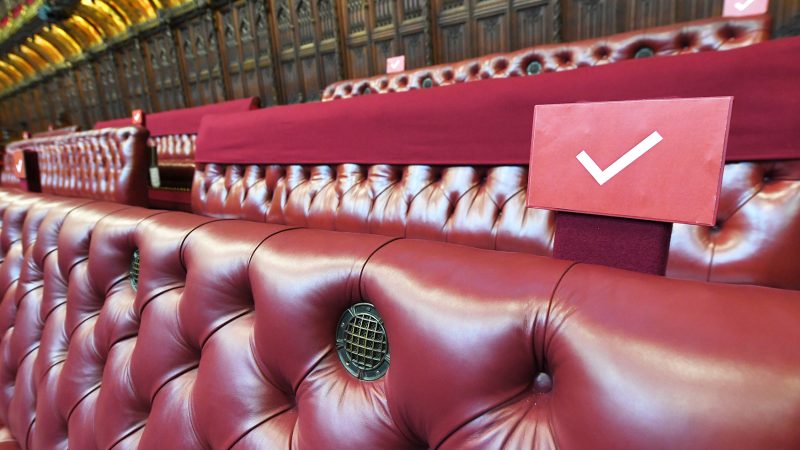
MPs had a late one in the Commons last night debating the government’s minimum service levels bill. Despite considerable efforts from opposition parties – who submitted more than 100 amendments – the legislation passed unamended by 315 votes to 246. The bill has now completed its passage through the Commons and will head on to the Lords. The debate went largely as expected. Angela Rayner urged MPs to join Labour in voting down the bill “for the sake of freedom, fairness and feasibility”, denouncing the legislation as an “attack on our basic British freedoms”. The deputy Labour leader criticised ministers over the lack of scrutiny of the legislation, arguing that the government was “running away” from scrutiny because it knows that the bill “won’t stand up to it”. Government minister Kevin Hollinrake claimed that the measures were “proportionate” and “sensible”, arguing that they are justified on the basis of ensuring public safety.
Just a couple of hours before the debate got underway, firefighters became the latest group of workers to back industrial action. The Fire Brigades Union (FBU) announced yesterday afternoon that its members had voted overwhelmingly to strike – by 88% on a 73% turnout. General secretary Matt Wrack described the result as a “decisive mandate”. The union leader stressed that the responsibility for any disruption to services “lies squarely with fire service employers and government ministers” who he said “have the power to stop strikes from happening” by making a “credible” pay offer. The FBU said unless a new offer is made in the next ten days, it will announce a “series of strike dates”, which would be the first nationwide firefighters’ strikes since 2003.
During the debate, Rayner accused the government of preventing MPs from “doing our job” and instead leaving scrutiny to the House of Lords, which she said should be a “major concern to all of us”. The bill is expected to face a difficult passage in the Lords, and if the public order bill is anything to go by, the fight against minimum service levels is still far from lost. Yesterday, the government suffered a number of defeats in the Lords over the similarly repressive bill, which seeks to restrict the right to protest. Peers voted in favour of a higher threshold for police to intervene in protests, meaning a stricter definition of “serious disruption” will be required to block protests. A government-backed proposal to prevent protesting about an “issue of current debate” being used as a reasonable defence for actions like locking-on and blocking roads was also narrowly defeated.
On LabourList this morning, we have national executive committee (NEC) member Ann Black’s reports on the latest meetings of the NEC and the joint policy committee, which took place last week, including the leader’s and deputy leader’s reports and updates on preparations for the local elections in May and the next manifesto.
Sign up to LabourList’s morning email for everything Labour, every weekday morning.



More from LabourList
A year in power: The cabinet on their proudest wins and favourite moments
‘One year on, Labour still hasn’t reckoned with collapsing trust in politics’
‘I’m the Labour MP who beat Liz Truss. Here’s how the campaign to unseat her unfolded’